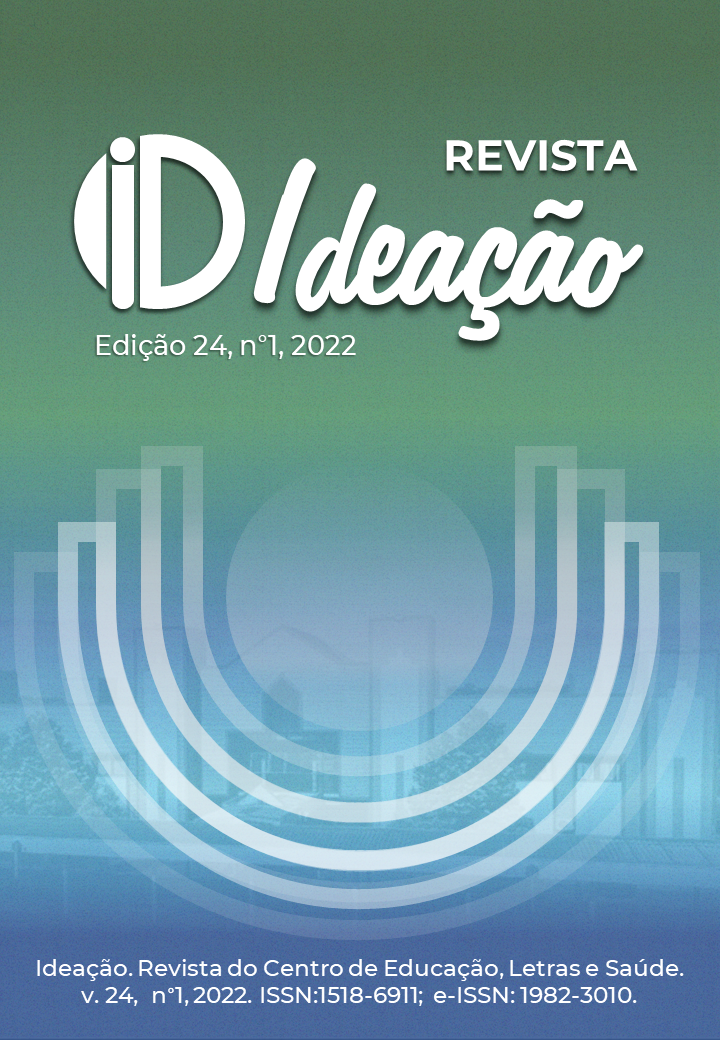Análise da educação em direitos humanos, valores e cidadania na fronteira trinacional a partir da percepção docente
DOI:
https://doi.org/10.48075/ri.v24i1.25787Palavras-chave:
Educação, Direitos Humanos, Fronteira Trinacional.Resumo
O artigo a seguir é resultado de uma pesquisa teórica e de um estudo de campo na esfera da denominada Educação em Direitos Humanos, principalmente, mas também incluindo as ideias de valores e cidadania. É uma investigação, a partir de entrevistas, sobre a forma como seus conteúdos e princípios são acolhidos pelos professores do Ensino Fundamental II que lecionam nas escolas da fronteira trinacional entre Brasil, Argentina e Paraguai. Para isso, apresenta-se uma fundamentação teórica desses direitos. Em seguida, tratamos dos princípios da educação em direitos humanos, estabelecidos por um programa de nível global da ONU. Fechamos a sessão teórica com um panorama da situação da educação em direitos humanos na América Latina. Na segunda parte do texto trazemos de maneira sintetizada os dados das entrevistas que logo analisamos mais profundamente sob a luz dos conceitos trabalhados na parte teórica, em busca de seus significados mais profundos.Downloads
Publicado
Como Citar
Edição
Seção
Licença
Copyright (c) 2022 Ideação

Este trabalho está licenciado sob uma licença Creative Commons Attribution-NonCommercial-ShareAlike 4.0 International License.
Política para Periódicos de Acesso Livre
Autores que publicam nesta revista concordam com os seguintes termos:
1. Autores mantém os direitos autorais e concedem à revista o direito de primeira publicação, com o trabalho simultaneamente licenciado sob a Licença Creative Commons Attribution que permite o compartilhamento do trabalho com reconhecimento da autoria e publicação inicial nesta revista.
2. Autores têm autorização para assumir contratos adicionais separadamente, para distribuição não-exclusiva da versão do trabalho publicada nesta revista (ex.: publicar em repositório institucional ou como capítulo de livro), com reconhecimento de autoria e publicação inicial nesta revista.
3. Autores têm permissão e são estimulados a publicar e distribuir seu trabalho online (ex.: em repositórios institucionais ou na sua página pessoal) a qualquer ponto antes ou durante o processo editorial, já que isso pode gerar alterações produtivas, bem como aumentar o impacto e a citação do trabalho publicado (Veja O Efeito do Acesso Livre).
Licença Creative Commons
Esta obra está licenciada com uma Licença Creative Commons Atribuição-NãoComercial-CompartilhaIgual 4.0 Internacional, o que permite compartilhar, copiar, distribuir, exibir, reproduzir, a totalidade ou partes desde que não tenha objetivo comercial e sejam citados os autores e a fonte.


